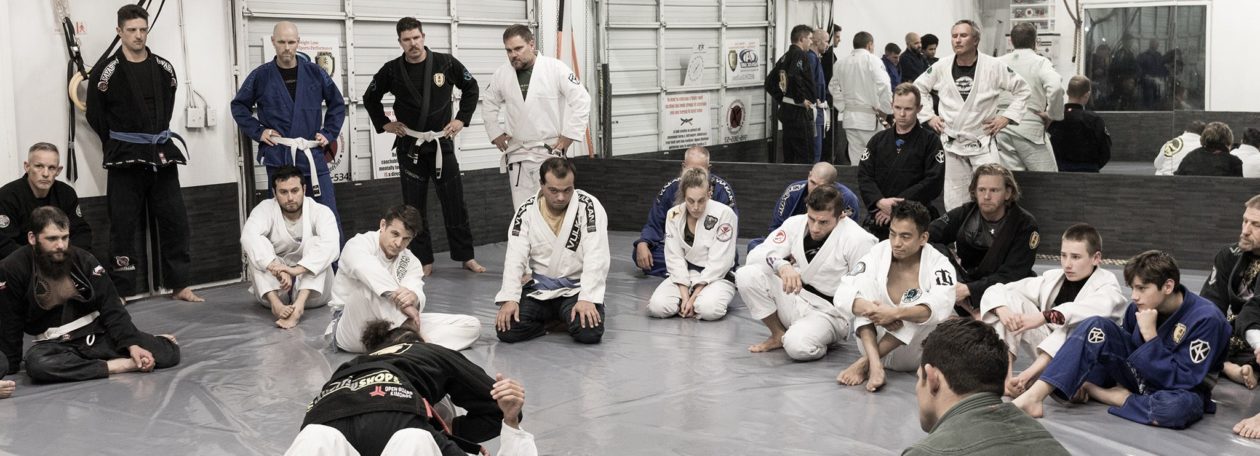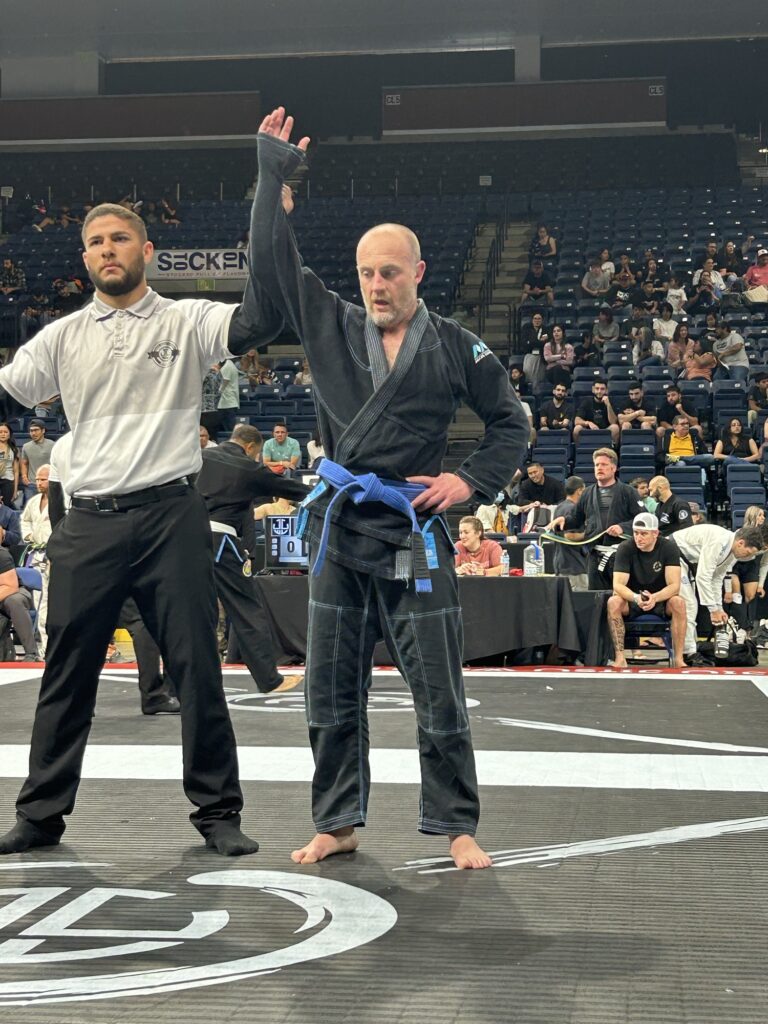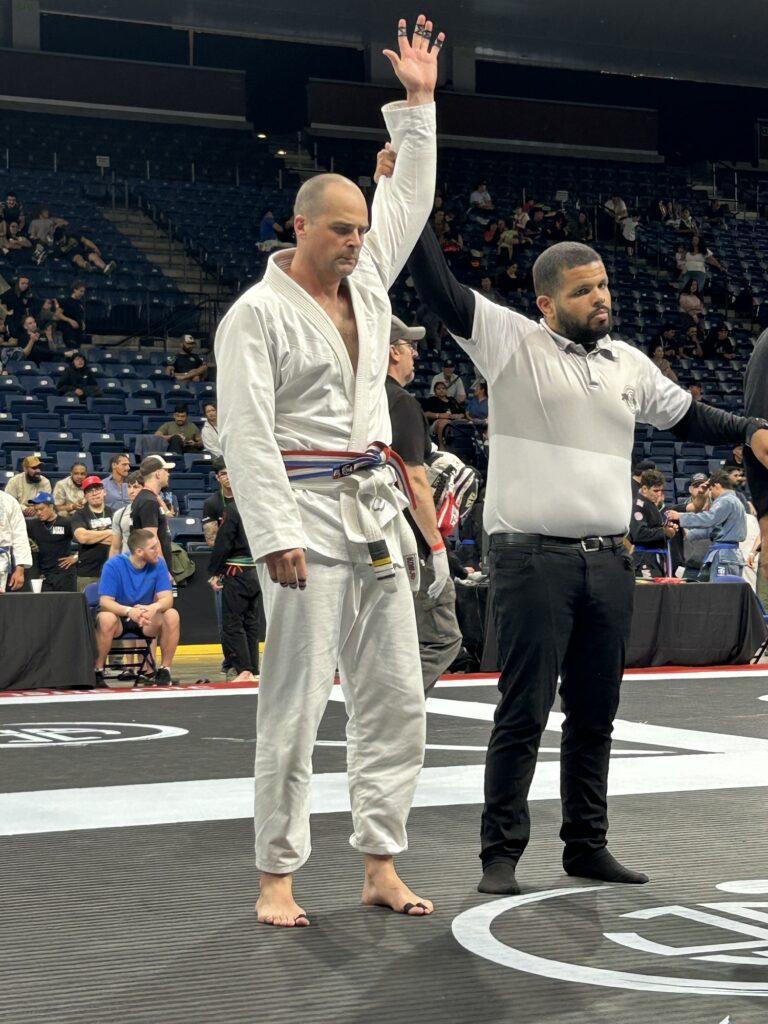On April 21, Japan Club of CSU Sacramento hosted their 17th Japan Day celebration.
The event included taiko performance, Japanese dance, bun eating contest, soran bushi, and a martial arts demo featuring jujutsu.
From El Dorado Hills jiujitsu we had 10 performers choreograph a display of technique, dynamic movement, self defense concepts and how different bodies can interact regardless of age or size.
Performing a jiujitsu demonstration has a few great benefits. One, a demo is a great way to help an audience see and better understand what jiujitsu is. Two, practicing and performing a demo gives the performer an opportunity to be creative and find a way to showcase the martial art. Three, the act of performing simulates a competition type experience.
A jiujitsu demo is a great way to help an untrained eye see and understand the subtle nuances of the martial art. While it might be best to actually step on the mat and do a trial class to really experience the potential of jiujitsu, a demo done right helps the audience notice the different concepts of leverage, control, pressure, and more. Additionally a demo can condense something that might take 5 to 10 minutes to happen in a match into less than a minute.
There is an element of creative expression built into the practice of jiujitsu in general. Different body types and personalities allow for a differing expression of the martial art to come about. In choreography of a demo a student can work with a partner to fully express their style of jiujitsu and reveal elements of themselves through their performance.
Competition requires mental, physical, and technical preparation and a demo can be very similar. Although the environment is not a competitive setting, there is an expectation to perform the choreography. This can cause similar pre match jitter and excitement. Whether it be performing for a tournament for a demo the feelings and thoughts that set in prior to performing is quite similar. Experiencing these feelings gives us an opportunity to learn different coping strategies and how to deal with our thoughts, feelings, the controllable and uncontrollable.
Thank you Japan day for hosing us, and congratulations to the performers who were able to make an impression on the audience with their display of jiujitsu.




